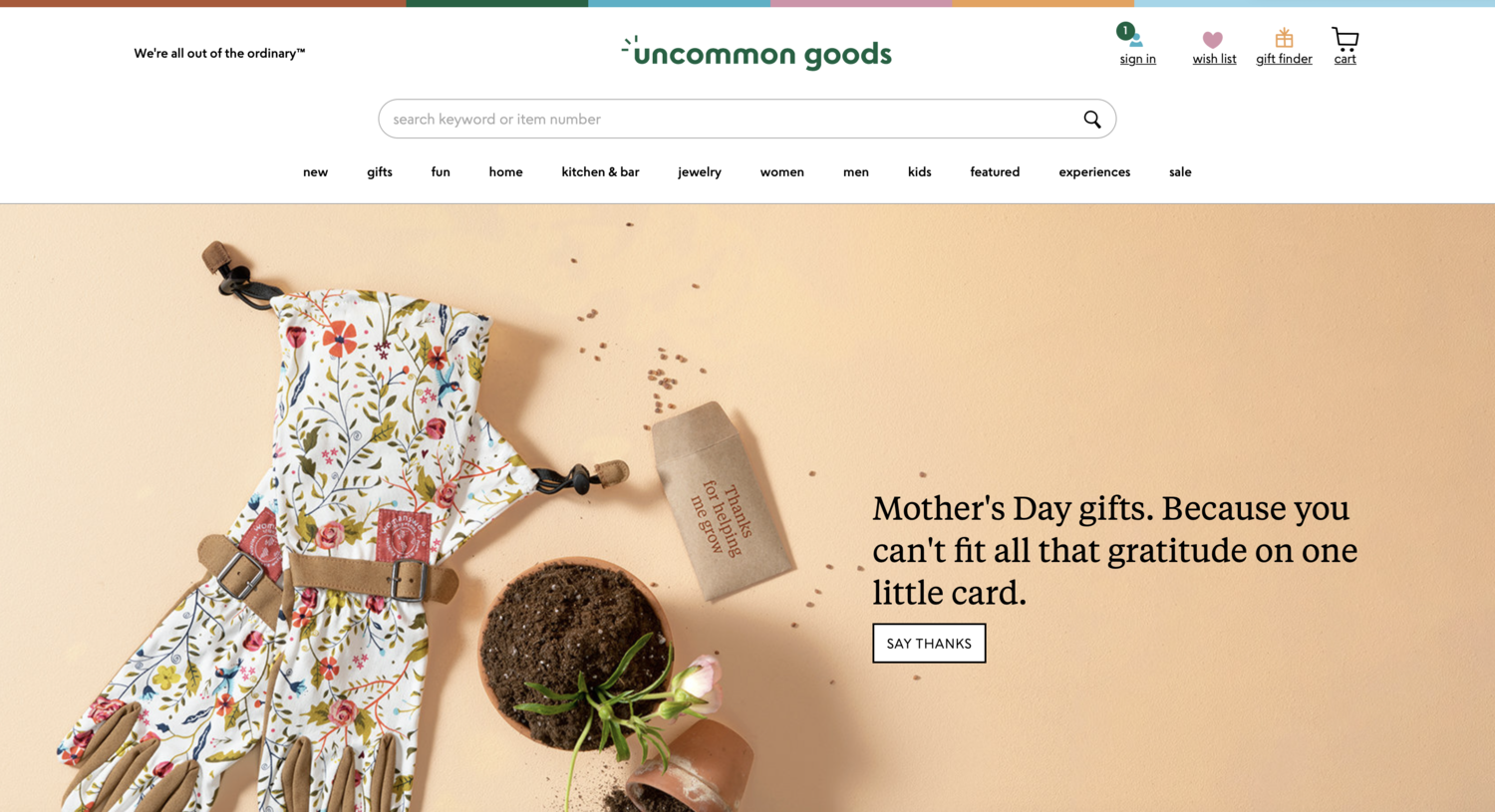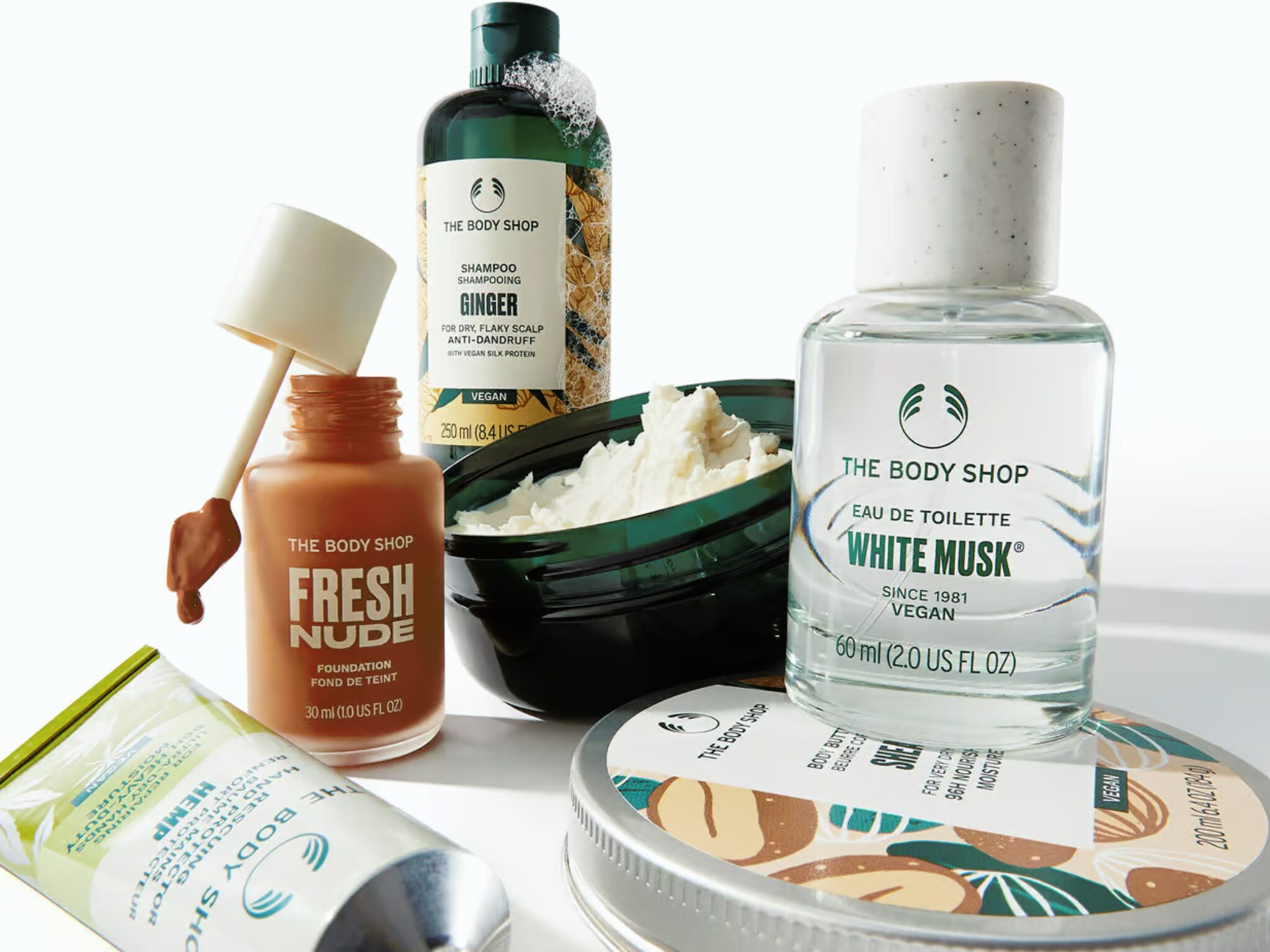Sustainable Marketing Strategies: How Eco-Conscious Brands Are Changing the Game
Meta Description: Explore how eco-conscious brands are redefining marketing strategies through sustainability. Discover actionable insights, trends, and case studies that inspire responsible branding.
In recent years, sustainable marketing has shifted from being a niche concept to becoming a vital strategy for businesses worldwide. Brands that embrace eco-conscious practices are changing the marketing landscape, capturing the hearts and minds of consumers who prioritize sustainability. With a focus on ethical practices and environmental responsibility, these brands not only build loyalty but also position themselves as leaders in their industries.
Author Alexei Novak, an SEO specialist with over 5 years of experience and a passion for sustainability in marketing, emphasizes the need for modern brands to adapt to evolving consumer preferences. Having helped numerous companies optimize their practices, Alexei brings significant insights into sustainable marketing strategies.
Understanding Sustainable Marketing
Definition and Importance
Sustainable marketing is defined as the practice of promoting products and services by integrating sustainable practices that positively impact the environment and society. It goes beyond just green branding; it must reflect a commitment to ethical sourcing, responsible production, and transparent communication.
Recent studies, such as the Global Sustainability Study by Nielsen, reveal that over 70% of consumers are willing to pay more for sustainable products. This statistic illustrates not only the growing awareness of environmental issues but also the potential profitability for brands willing to prioritize sustainability.
Why it Matters
Consumer Preferences: Today's consumers, especially millennials and Gen Z, are more informed and concerned about the environmental impact of their purchases. They seek brands that share their values, making sustainable marketing a key differentiator.
Brand Loyalty: Brands that genuinely commit to sustainability tend to foster stronger loyalty among consumers. When customers feel aligned with a brand's values, they are more likely to support and recommend it.
Regulatory Trends: As governments worldwide implement stricter regulations on environmental impact, adopting sustainable marketing practices not only positions brands favorably among consumers but also prepares them for potential regulatory changes.
Case Studies of Successful Eco-Conscious Brands
Patagonia

Patagonia, an outdoor apparel company, exemplifies sustainable marketing through its innovative campaigns and commitment to environmental activism. The “Don’t Buy This Jacket” initiative encouraged consumers to reconsider their purchasing habits, thus fostering loyalty and reinforcing the brand’s mission of conservation. By being transparent about its supply chain and environmental impact, Patagonia aligns its marketing efforts with its core values.
Uncommon Goods

As an online marketplace focused on eco-friendly, handmade products, Uncommon Goods incorporates sustainability into its marketing strategy through careful product curation and messaging. The brand promotes transparency about its sourcing and production methods, which resonates with environmentally conscious consumers. This clear commitment enhances its brand identity and draws in a dedicated customer base.
The Body Shop

The Body Shop has long been a pioneer in ethical beauty. Their commitment to cruelty-free products and transparent sourcing of ingredients has won the trust of eco-conscious consumers. The brand’s marketing strategy emphasizes storytelling, showcasing the impact of their sourcing policies and social initiatives in their campaigns. This narrative not only engages consumers but also aligns with their values.
Key Statistics and Trends
Understanding the current landscape of sustainable marketing is essential for brands looking to implement eco-conscious strategies.
| Trend | Statistic |
|---|---|
| Growth of Organic Products | The organic food market projected to reach $272 billion by 2024 (Statista). |
| Millennial & Gen Z Behavior | Younger generations are significantly more likely to support brands committed to sustainability (Nielsen). |
| Surge in ESG Investments | Global investments in sustainable companies are on the rise, reflecting a broader shift in financial prioritization of environmental responsibility. |
Actionable Strategies for Marketers
When considering sustainable marketing strategies, marketers should focus on actionable insights that resonate with today’s eco-conscious consumers.
Sustainable Storytelling
Authentic storytelling is crucial in communicating a brand's sustainability journey. Brands can share their challenges and triumphs in adopting eco-friendly practices, fostering a deeper connection with consumers.
Circular Economy
Implementing circular marketing strategies can greatly enhance sustainability efforts. Brands like IKEA have adopted recycling initiatives, while Nike’s “Reuse-A-Shoe” program exemplifies successful strategies in converting waste into value.
Eco-Friendly Certifications
Certifications such as Fair Trade, USDA Organic, and B Corp are not just badges; they enhance credibility and trust among consumers who are increasingly focused on ethical sourcing. Providing transparent information about these certifications in marketing materials can help build brand integrity.
Community and Collaboration
Partnerships
Collaborations with non-profit organizations can amplify sustainability messaging. For example, Starbucks’ partnership with Conservation International focuses on sustainable coffee sourcing, which not only enhances their brand reputation but also fosters accountability.
Consumer Engagement
Engaging consumers in sustainability efforts through interactive campaigns can drive brand loyalty. Businesses can create social media challenges or sustainability pledges to encourage participation and commitment.
Challenges and Solutions
Common Pitfalls
While sustainable marketing holds great potential, brands must navigate challenges like accusations of 'greenwashing'. To combat this, transparency and authenticity in messaging are essential.
Solutions
To build trust, businesses should actively track their sustainability efforts and publicly report on progress. This openness not only enhances accountability but also resonates well with informed consumers.
Future Outlook
Predictions
The future of sustainable marketing looks bright, with trends such as the rise of AI in promoting eco-friendly products and increasing demand for transparency within supply chains becoming more prevalent. Brands that adopt these trends early will likely outperform competitors.
Cultural Shifts
Wider societal shifts towards sustainability will continue to influence business practices. Brands must remain agile, adapting their marketing strategies to align with evolving consumer expectations and global realities.
Resources for Further Learning
- Books: "Green Marketing: A Handbook for Sustainable Marketing" provides a comprehensive overview of sustainable marketing principles and practices.
- Websites: Platforms like the Sustainable Marketing Forum and the American Marketing Association offer valuable insights and resources related to sustainability in marketing.
Expert Quotes and Insights
Incorporating perspectives from industry leaders can provide valuable insights into sustainable marketing. Consider seeking quotes from experts to enrich your content and underline key points.
Engaging in sustainable marketing not only benefits your brand's bottom line but also contributes to a broader cultural shift towards environmental responsibility. Marketers, business owners, and all stakeholders must evaluate their practices and consider how they can implement eco-conscious strategies. By doing so, they will not only capture the attention of today’s consumers but also lead the charge towards a more sustainable future.
Take time to reflect on how you can integrate sustainability into your marketing strategy and inspire others in your network to do the same. Join the movement today and be part of the change!
